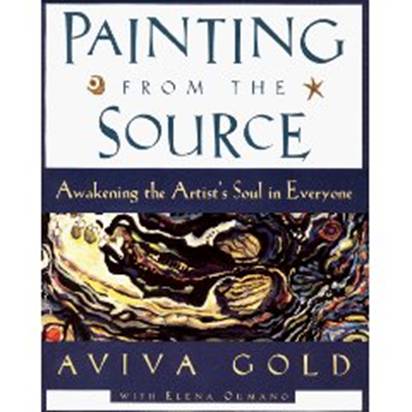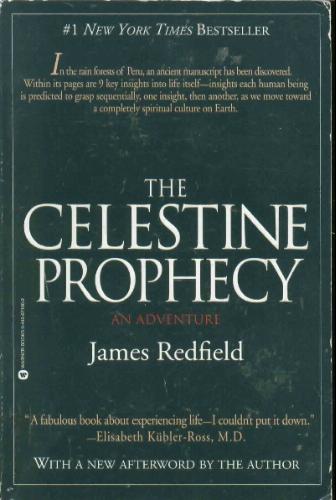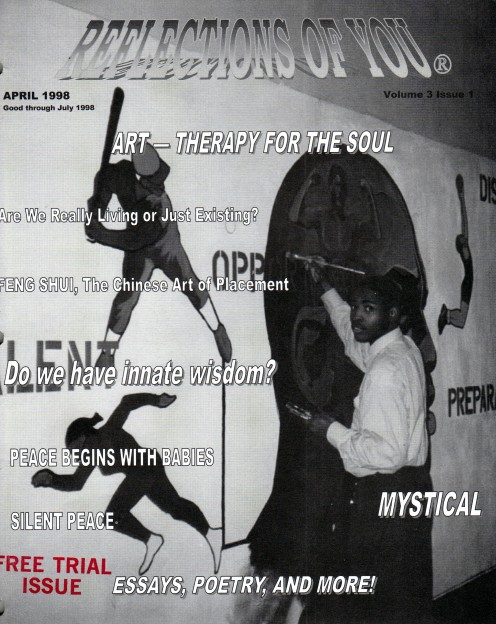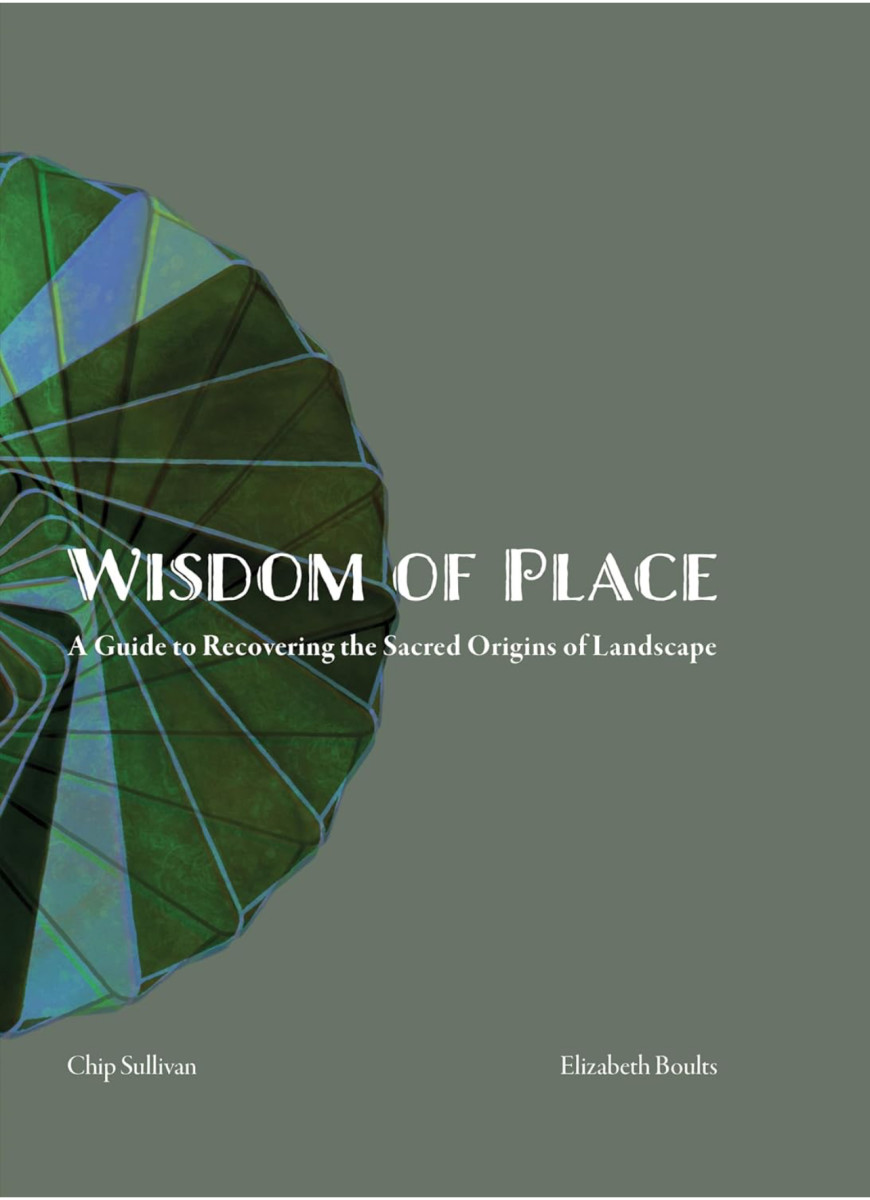Do We Have Innate Wisdom?

Please take the poll at the end of the article.
Some of us believe we come into the world knowing everything we need to know. We have an innate 'knowing' that grants us understanding and wisdom as we are loved and nurtured to bring about peace and harmony in our lives.
Carrie Crippen Fisher, in her article "Peace Begins With Babies," suggests, "What can be done to help manifest more harmony and peace? Of all the things that come to mind, a very important one, is making sure that all babies are wanted and loved." As we are nourished and nurtured with kindness and encouragement by loving caregivers, we began to access this 'knowing' even at a young age. "Inner wisdom thrives in an atmosphere of love, patience, and acceptance," suggests Aviva Gold, in her article, Accessing Inner Wisdom Through Creative Expression.

Can we get at this so-called 'knowing' without love and nurturing? Accessing our innate wisdom without love and acceptance lacks the same veracity that comes when we are nurtured to access our inner knowing. Without a supportive caregiver our inner knowing probably became confusing to us and misconstrued as we attempted to nurture ourselves. That would especially be true of our interpretation of love. We accessed our inner knowing but embellished it to satisfy our yearning to be loved and wanted.
How do we know that we know everything? "In reality, there is not a time when you did not know everything…!" suggests Michael Dennis, in his essay Beyond Memory. I believe everything we need to know is already inside us, but to access it we must engage our spirit -- the keeper of our divine knowing. Aviva Gold further suggests, "This 'Inner Wisdom' is known by many names, including: The Unconscious, God/Goddess, Great Spirit, Primal Energy, and Divine Inspiration."
When we engage our spirit by expressing love to others and loving ourselves, we are energizing our soul and freely accessing our inner wisdom. We are then communicating with God. He answers us by way of inspiration, coincidences, dreams, visions, intuition, instinct, prayer, and meditation.
How can we access our inner knowing? The more we can allow ourselves to love and appreciate others, the more energy flows into us. The more we focus on others inner beauty, their wholeness, their goodness, the more energy flows into them, and of course, the more that flows into us. The more energized we are the more we can experience our inner knowing.
The more we nurture, love, and appreciate ourselves the more we are able to accept what we inherently know, and the more peace and harmony we experience.
Do children have innate wisdom?
You can find hundreds of videos on http://www.youtube.com/ that proves the innate wisdom of children, as in the home video of three-year-old Hannah who experiences the power of the Holy Spirit during her bedtime prayer. For seven minutes, she alone praised God for his grace and testified of His Goodness. Clearly, she had been taught biblical verses and the teachings of Jesus, but she was able to incorporate all of that at her age into a prayer testimony powerful enough that the video got over 475,000 hits with wave reviews. I do not believe that it can be explained solely by what she was taught. She spoke like she knew it from the depth of her being, and she was only three. It is my belief that Hannah embodies innate wisdom about the grace of God and by her having a nurturing mother who encouraged her to be expressive unlocked her innate wisdom
To repeat Aviva Gold, "Inner wisdom thrives in an atmosphere of love, patience, and acceptance." Her mother clearly demonstrated these qualities while filming Hannah.
I believe a child innately knows that it's wrong to harm or hurt others because his true nature is love and kindness. He also knows that 'hitting' is a way of releasing pent-up frustration and anger. Telling him that it's wrong to hit others is not teaching him something that he does not already know. Instead, it helps him to sort through his emotional databank for a healthier and more fulfilling way to get the frustration out without harming others in the process.
Do we innately know to express anger? I believe anger is an inborn response to unfulfilled emotional desires. It is as natural as smiling and laughing when we feel pleased.
Getting angry does not have to be a non-alternative to expressing displeasure or releasing frustration so long as others boundaries are respected. At least we get it out before it turns into a more destructive emotion like rage, which translates into violent behavior.
Disallowing anger as a natural emotional response and labeling it as something bad keeps our souls in emotional turmoil. However, we must exercise control over our thoughts for there are consequences for the way we choose to 'get it out.' That is where a loving caregiver comes in, to teach us self-control.
If we choose to react to the actions of an unprofessional sales clerk by cussing and loudly demanding respect from her, we certainly will not get it. She will try to appease us but not with the same courtesy and politeness if we allowed her to be imperfect in her actions by us showing her patience and understanding. Sometimes, this is very hard to do.
Before I evolved beyond emotional outbursts, I would be quick to snap at others for I was very sensitive. I knew showing kindness and patience yielded better results but my buried hurt of feeling helpless and powerless as a child kept me always on the defensive. I was determined to not let anyone treat me badly ever again, which was a very natural response.
Are we preprogrammed to "let go" of anything that obstructs the natural flow of love to others? We innately know to cry when we feel sad or pain, or laugh when we are happy. When spanked at birth, we responded by crying. We came into the world knowing, that specific response would signal to our caregiver our displeasure with what was happening to us. No one taught us to cry or laugh. We already knew to do it.
I believe it is a natural reaction for us to self-invigorate love and give it life when it is withheld from us. Our soul dies without love flowing to us from others and from us to others.
As a child, I knew love and nurturing were missing from my life and they were necessary for my mind to have a sense of well-being. To feel, I created an imaginary loving family with two caring parents. In my fantasy, I was the only child and not the ninth of twelve children as in my real family. That was my way of expressing that I needed to be the center of others attention for I felt incredibly unwanted. By self-nurturing, I accessed my innate wisdom at an early age. Now, I sometimes feel that I have lived twice my age for I seem to know and comprehend so much, especially things of a spiritual nature.
Whether we were loved and wanted from birth or self-nurtured to feel loved and wanted, we must not let anyone or anything obstruct our love to others and others love to us. We absolutely cannot survive without it for the human spirit is energy and light fueled by love.
Do we have innate wisdom? Some of us might remember hearing, "Shut up! You think you know everything!" Loosely translated, you think you're wise. You were only five at the time, but you did know everything — not necessarily intellectually, of course, however, at birth we possess wisdom that is essential to our true nature. When children are shown love and patience, they are encouraged to express what they know freely and openly. Wisdom is not inhibited.
The human spirit is born wise; however, the growth of wisdom must be nurtured, nourished, and allowed to blossom in stages. Establishing a foundation on the fundamentals of love will help children gain early access to their intrinsic 'knowing'. The risk is not in knowing everything but trying to use everything we know before its proper season.

Accessing our inner knowing should be simple and effortless, but our insatiable desire to unlock the mystery of the human spirit keeps us analyzing, evaluating, rationalizing, and theorizing everything we know.
The right of entry to what we already know requires asking the right question. "The problem in life isn't receiving answers, it's identifying your current questions. Once you get the question right, the answer always come," writes James Redfield in his book, The Celestine Prophecy. For example, if you feel others are taking advantage of your kindness and generosity and you ask, " Why do I keep letting others hurt me?' the response will most likely leave you repeatedly questioning your actions. However, a better question to address the real issue with you letting people trample on your feelings might be, "Why don't I love myself?"

A good psychologist tells us at our initial visit that she is not there to tell us anything that we don't already know. For instance, if you ask her a question such as, "Do you think I'm making too much of the situation?" she will answer by asking you the same question. "Do you think you are making too much of the situation?"' She has been trained to know that no one can answer life's questions about you better than you can.
To have uninterrupted access to our innate wisdom demands a lifetime of having our souls energized by loving, accepting, patient, and forgiving people in our lives and by us loving, accepting, and forgiving ourselves.
Copyright © 1998 by Shar'Ron Maxx Mahaffey








